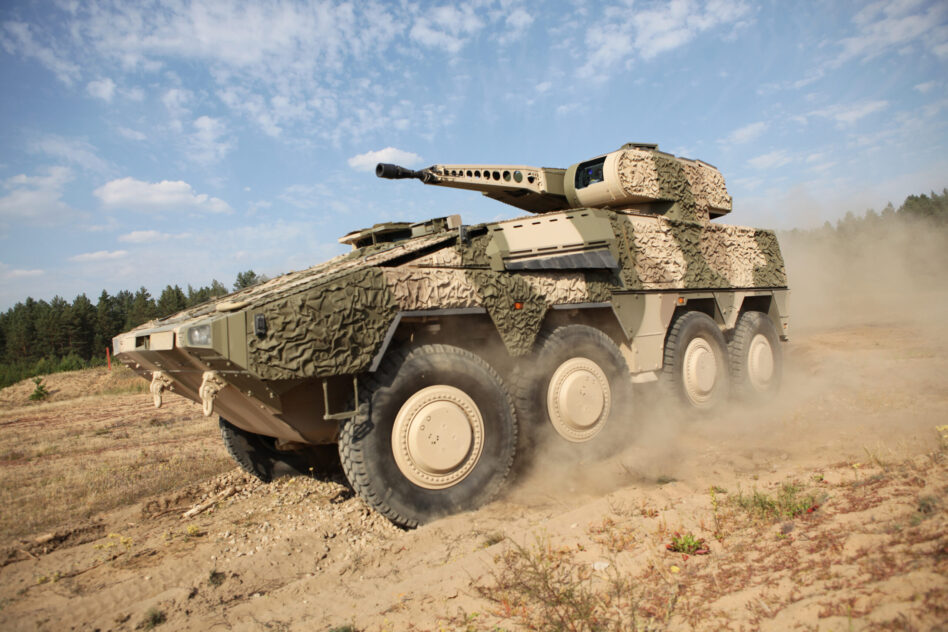In case you’ve been living under a rock, Germany has done a pretty sharp U-turn on the whole “we’re pacifists” thing it’s had going since the end of WWII.
In the past few months, the country has placed some big-time defense orders, passed a bill introducing voluntary military service and potentially conscription, exempted defense spending from fiscal restraints, and, on Monday, unveiled a massive €377B ($440B) military procurement wish list for 2026 and beyond.
We’ve said it before and we’ll say it again: Zeitenwende is Zeitenwending.
Big spender: A few months ago, Chancellor Friedrich Merz promised to make Germany the “strongest conventional army in Europe.”
That big talk has been backed up by a flurry of big-time buys, just this month:
- An $8B order for General Dynamics scout vehicles and Rheinmetall and Dutch prime KNDS-made “Schakal” armored vehicles on Oct. 15.
- A planned $11B investment in military drones on the same day.
- A $4.4B order for 20 new Eurofighter jets on Oct. 8.
- A potentially $10B deal for hundreds of Rheinmetall Skyranger mobile air defense turret systems (basically tanks with wheels) on Oct. 10.
Maxing out: In case that wasn’t enough, internal government documents reviewed by Politico show what the full picture might look like: €377B in orders across land, air, sea, and cyberspace starting next year. Here are the highlights:
- 320 new military hardware projects over the 2026 budget cycle, 178 of which already have an identified contractor. 160 of those contracted projects, clocking in at around €182B, are going to German firms.
- Contracted orders cover billions in tactical drones (especially Rheinmetall’s LUNA NG), hundreds of new ground vehicles, Diehl Defence-made missiles, IRIS-T air defense systems, munitions, and millions of rifle rounds.
- A €2.5B re-up of 15 F-35 jets from Lockheed, along with €1.8B for four Boeing P-8A Poseidons and a bunch of Tomahawk missiles.
- Notably, Germany’s planning to spend €14B on satellite programs and €9.5B on a low-earth-orbit satellite constellation to bolster secure military communications.
Making it Rhein: Unsurprisingly, German industry is the big winner in this procurement plan. Over half of all projects are tied to domestic firms (with less than 5 percent of the total spending going to foreign companies), especially to mega-prime Rheinmetall.
- The company is featured in 53 different spending lines worth over €88B.
- €32B goes to Rheinmetall directly and the remainder to subsidiaries and joint ventures, especially the Artec GmbH JV with the Netherlands’ KNDS.
As Rheinmetall CEO Armin Papperger told Breaking Defense recently, “We must not be, like we say, ‘a small boy who is working with a big giant.’” A couple hundred million in new toys should help on that front.

